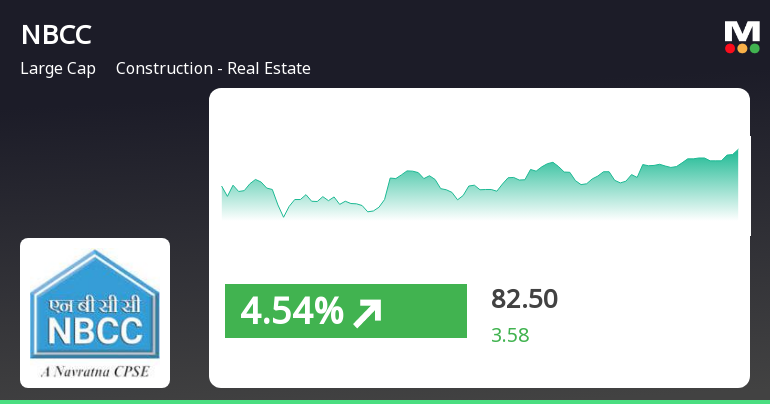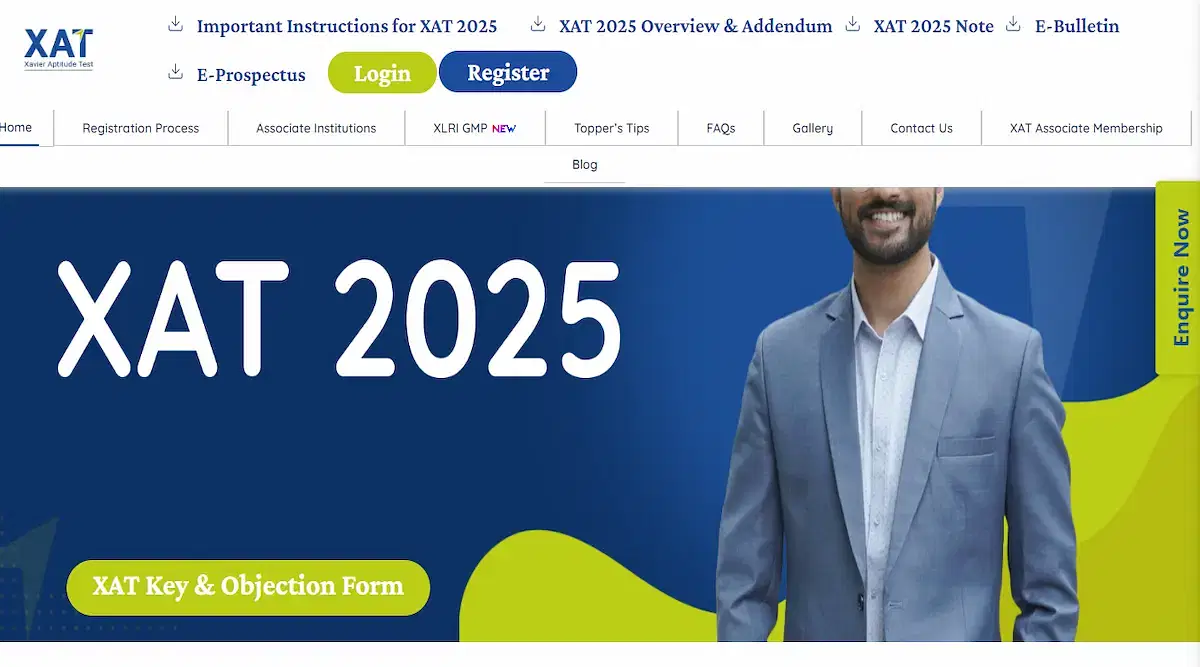It forms a significant landmark for nearly 50 lakh central government employees and about 65 lakh pensioners, with the formation of the 8th Pay Commission under Union Cabinet headed by Prime Minister Narendra Modi. The move was widely understood ahead of the Delhi Assembly elections, which should see better salary structures and overall economic upliftment for public sector workers. In this blog post, we will deep dive into some of the basic points of 8th Pay Commission, how it will reflect, and what is in for employees from future changes.
What is 8th Pay Commission?
8th Pay Commission is one newly formed agency responsible for perusing and implementing pay scale recommendations along with other allowances relating to government sectors. It functions as an advisory body to the government to make sure that pay scales are fair, competitive, and reflective of current economic realities. The 7th Pay Commission was established in February 2014 and made its recommendations approximately 22 months later, in November 2015. Assuming the same pace, employees might face the same long wait before new salary structures become effective.
Fitment Factor
One of the critical elements of the Pay Commission recommendations is the fitment factor. This multiplier determines the salaries and pensions. Under the 7th Pay Commission, the fitment factor was at 2.57, and the minimum basic salary had to be at Rs 18,000. Reports indicate that the new fitment factor might reach 2.86, and this would shoot up the minimum basic salary significantly to Rs 51,480. Such a change would bring about much-needed relief in terms of finances and enhance the quality of life for many government employees.
Expected Changes in Allowances
But with the 8th Pay Commission recommendations, employees may also expect revisions in various allowances, such as dearness allowance (DA), house rent allowance (HRA), and transport allowance (TA). For central government employees, DA recently has gone above 50% of their basic salary, indicating an increasing trend over more generous compensation packages. And thus, the allowances when re-calibrating would most probably contribute to a better financial position for the government employees.
The Timeline for Implementation
Even as it goes, setting up the 8th Pay Commission is seen as a hopeful step. The rest, however, is left in ambiguity – how long before its proposals take effect. Observing earlier commissions, much time is needed to conduct these consultations and collect data. Workers will have to wait, sometimes even two years, from the day of commission’s inception, to find their pay structures changing.
The importance of stakeholder input
The Pay Commission works not in isolation but takes various factors into account, such as inflation, the state of the economy, and the hopes of employees, while making the recommendations. Its input from stakeholder is of utmost importance, and meetings with employee associations and other groups are likely to be held during its process multiple times to know their views and concerns. This means that the outcome will be wholesome and cater best to the needs of the employees.
Conclusion: A Step Towards a Viksit Bharat
The 8th Pay Commission is indeed an example of how the government wishes to enhance the financial well-being of its workforce. Prime Minister Modi states that the enhancement of the quality of life of a government employee is bound to have a positive impact on consumption, thus leading towards a Viksit Bharat or a Developed India. While the road ahead is long, the prospect of more money as well as better allowances and a more robust salary structure must be seen as at least partially encouraging. As things unfold, it would really pay for the employees to keep track of developments, so they are not surprised or worse: ignored.









